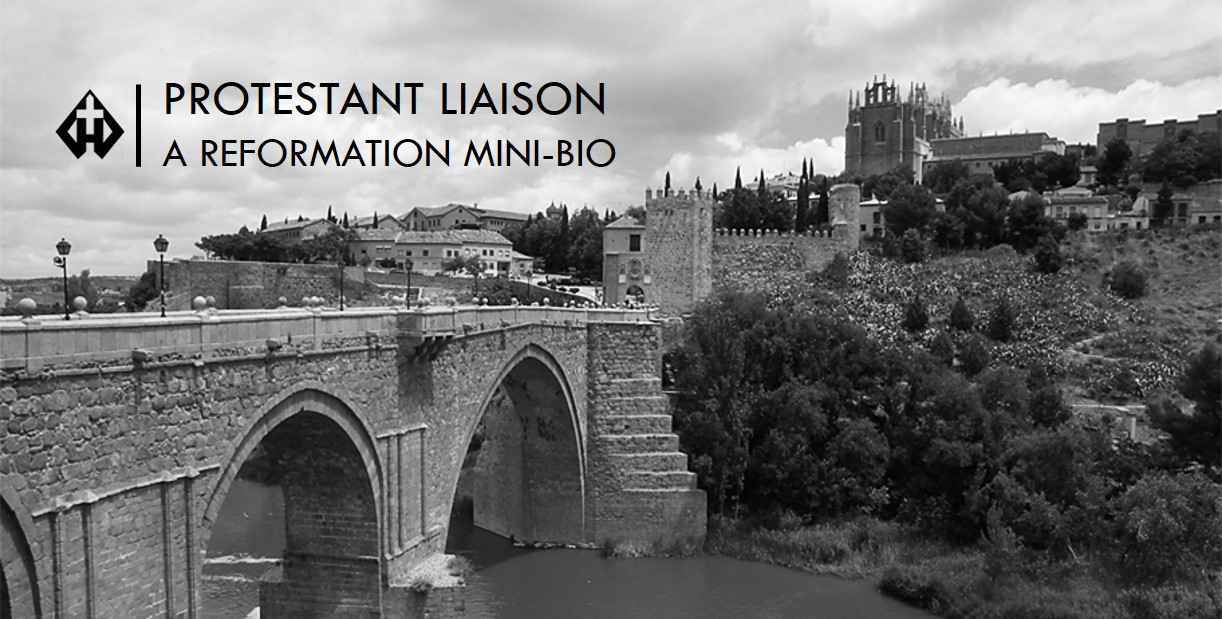Therefore, let us celebrate together, even with our secondary and tertiary differences, what God has done to preserve His bride until He returns for her!
Read MoreThe church of Maria Gern in Berchtesgaden, Germany.

Articles

The church of Maria Gern in Berchtesgaden, Germany.
Therefore, let us celebrate together, even with our secondary and tertiary differences, what God has done to preserve His bride until He returns for her!
Read More
“In the actual moment history is made, it is usually made in terror and confusion” Tom Junod scribed in his iconic “The Falling Man” reflection on the September 11, 2001 attacks. Junod rightly observed the relentless responsibility of the photographer to record what they see knowing that “history” will formulate around their images later. In the moment, it just happens in chaos and blood. As we weather our own tumultuous season, we must consider how we will distill the lessons of this moment from the snapshots of our experiences.
Read More
At its core, discipleship is one life impacting another for the glory of God. Martin Luther understood this concept well. For Luther, as it should be for all believers, the goal of every relationship was increased Christlikeness. Luther also recognized the critical link between hospitality and discipleship, and lived out his theology daily. He and Katie opened their home to relatives, renowned visitors, and his students.
Read More
This talk was given at Hinson Baptist Church in Portland, OR on Oct. 29, 2017, in celebration of the 500th anniversary of the Protestant Reformation.
Was the Reformation a success?
That probably seems like a strange question for us to think about. Here on this historic Reformation Sunday, this is a question worth considering. How do we know the Reformation was a success? Megachurches? Political church alliances? Rapid church multiplication? New York Times bestsellers? What could we point to?
Read More
Prior to his conversion, Martin Luther wrestled with the reality of sin in his life. Luther devoted himself to the Roman Catholic system of good works in order to appease his sinful conscience, but none of those works ever satisfied his guilty conscience. Only when he discovered Paul’s teaching of justification by faith, did he discover “the gate of heaven” and receive the grace of God that is found in Jesus Christ. He would devote the rest of his life to proclaiming this good news that justification is to be received by faith alone.
But Luther’s message was not limited simply to preaching about God’s free grace in Christ. Luther understood that before justification by faith made sense, one also had to embrace Scripture’s teaching regarding sin. While Luther experienced deep conviction of his own sin, he knew that not everyone shared his experience or sensitive conscience. Therefore, the acknowledgment of sin could not ultimately be rooted in subjective experience. Rather, like justification, our sinfulness also has to be received by faith based on God’s Word.
Read More
“How I dread preaching on the estate of marriage! . . . but timidity is no help in an emergency; I must proceed. I must try to instruct poor bewildered consciences, and take up the matter boldly.”
Martin Luther’s 1522 The Estate of Marriage begins with an honest reflection regarding the difficulty of addressing such a topic. Nonetheless, he saw a dire situation in 16th-century Germany. He knew his words and counsel were needed, and so he boldly took up the pen. In doing so, he dismantled the medieval system of marriage and family and replaced it with a vision of the Christian home that flowed directly from his discovery of justification by faith.
Read More
Great history is often the tale of great men and their deeds of valor and vice. Silent are the chants of hungry peasants, of expelled minorities, and far too often the voices of women. The story of the Protestant Reformation shares equally in this gender gap with other periods, yet for a few individuals, their voices can be given new life through a return to the primary sources. In a strange turn of events, some of the forgotten cries of the downtrodden can be heard again through the words of their oppressors in the form of Inquisition procesos– the abbreviated trial records of the legal arm of the Holy Roman Church containing the often verbatim quotations of the participants.
Read More